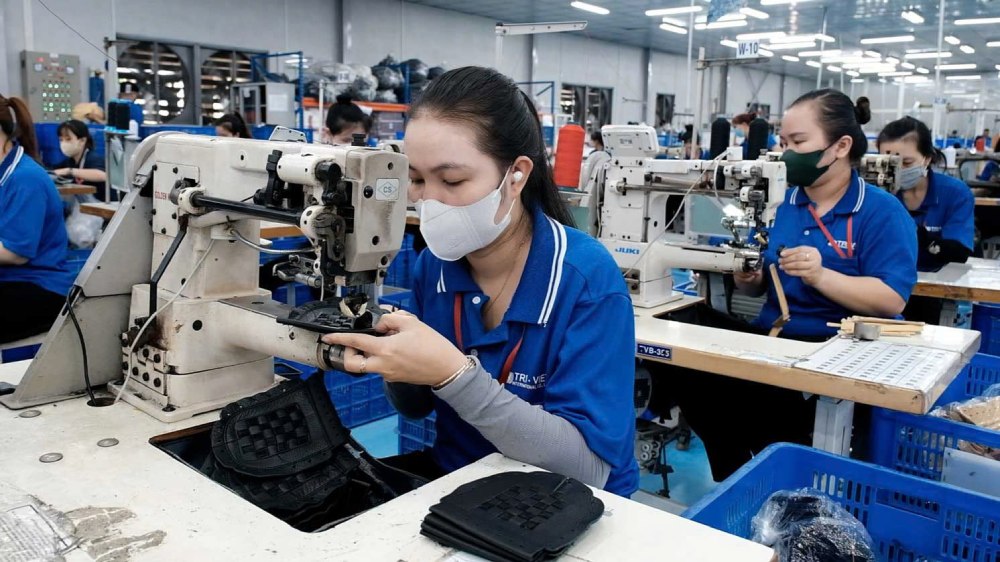According to the Can Tho City Statistics Office, the gross regional domestic product (GRDP) in 2024 is estimated to increase by 7.12% over the same period last year. This is the highest increase in the past 6 years, except for 2022 due to recovery after the pandemic.
The results show that industries and sectors have had positive changes and created new growth momentum, with each quarter higher than the previous quarter (quarter I increased by 4.80%; quarter II increased by 6.11%; quarter III increased by 8.50% and quarter IV increased by 8.87%).
In the total added value increase of the entire economy estimated in 2024, the agriculture, forestry and fishery sector increased by 3.21%; the industry and construction sector increased by 7.69%; the service sector increased by 7.95%; product taxes minus product subsidies increased by 3.83%.
The average growth rate in the 2021 - 2024 period increased by 6.28%. Although the city's economic growth has not reached the set target, the economic growth picture has become brighter.

The economic scale of Can Tho City in 2024 at current prices is estimated to reach more than 133,064 billion VND, an increase of 11.47% over the same period in 2023, accounting for 9.44% in the Mekong Delta region.
Regarding economic structure, the agriculture, forestry and fishery sector accounts for 9.96%; the industry and construction sector accounts for 30.88%; the service sector accounts for 53.12%; product taxes minus product subsidies account for 6.04%.
The average GDP per capita in 2024 will reach 104.63 million VND/person/year (equivalent to 4,162 USD), an increase of 10.34% compared to 2023, equivalent to an increase of 9.81 million VND. Among the 5 centrally-run cities, Can Tho City ranks 5th, followed in ascending order by Can Tho, Da Nang, Hanoi, Ho Chi Minh City and Hai Phong.
Labor productivity in 2024 at current prices is estimated at 216.13 million VND/worker (equivalent to 8,604 USD/worker); labor productivity growth rate at comparable prices increased by 3.84%.
In general, Can Tho City's socio-economic growth reached 7.12%, although it did not reach the target set by the Resolution of the year (7.5 - 8%), but with the trend of improving growth momentum each quarter, it has demonstrated the outstanding efforts through the impact policies of local leaders, departments and branches in socio-economic management.
In 2024, total state budget revenue increased by 11.04% over the previous year; total retail sales of goods and consumer service revenue increased by 12.38%; the consumer price index (CPI) was controlled; agricultural production remained stable, ensuring good food and food supply in the area. The fields of culture, arts, physical education and sports took place vibrantly; education and health care received attention; labor, employment and social security were guaranteed.
